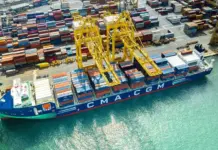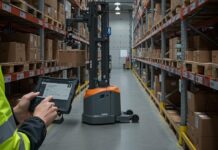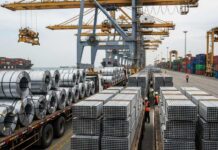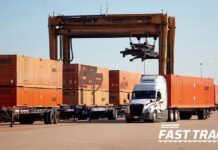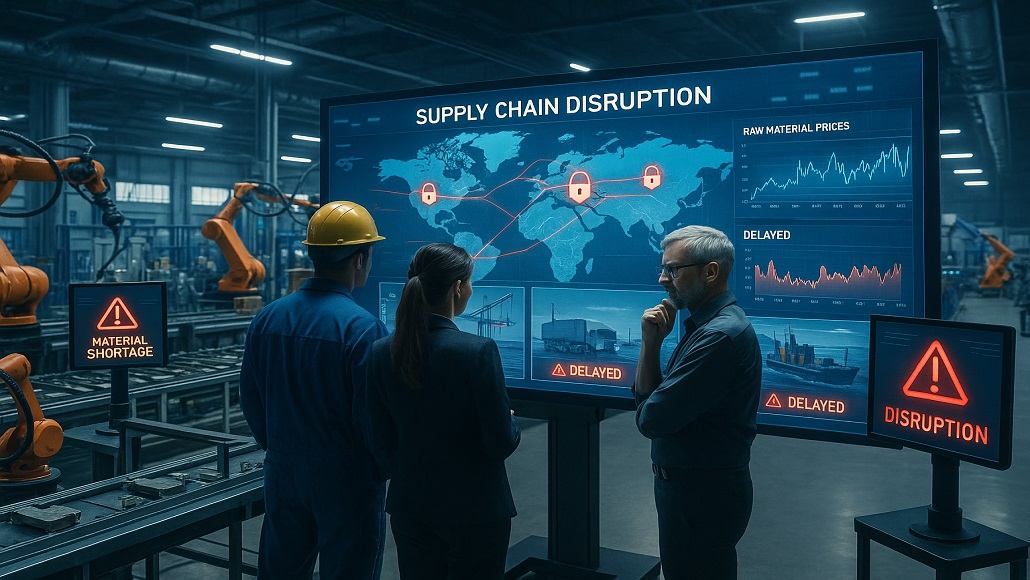This podcast explores the important findings from Fictiv’s 10th annual State of Manufacturing and Supply Chains research, focusing on the growing problems and goals of supply chain and manufacturing experts as they look ahead to 2025. The report explores how geopolitical tensions, supply chain disruptions, scale manufacturing difficulties, sustainability, and AI adoption are influencing the future of manufacturing and supply networks.
Listen to the Podcast:
Some of the most important takeaways regarding the current and future of supply chain:
- Increased global business uncertainty
Manufacturing leaders are apprehensive about trade conflicts, with 96% citing US trade policy and 93% anticipating rising tensions. This increasing concern is affecting the long-term future of supply chain planning, demanding resilient and flexible planning.
- Increasing supply chain disruptions and onshoring
68% of leaders give a higher priority to onshoring to mitigate risk, particularly in high-complexity industries such as MedTech and clean energy. 77% cited a lack of resources to adequately manage their supply chain, resulting in challenges with resourcing and supplier quality management.
- Issues in scaling production and innovation
91% face impediments to product innovation due to sourcing issues, with 50% noting that obtaining quality parts in a timely manner is problematic for low-volume productions. Sourcing issues will continue to divert resources away from innovation; thus, relevant digital manufacturing platforms, which 90% identified as vital, will be critical.
- Sustainability as a driving force
95% of respondents highlighted the impact of extreme weather on supply chains. Sustainability is at an all-time high, with 91% reporting initiatives and governance in place. Onshoring and nearshoring, as well as economic and geopolitical causes, are seen as critical to achieving sustainability goals.
- Widespread AI adoption
Artificial intelligence is at the forefront, with 87% of organisations claiming strong AI maturity and 94% using AI for tasks such as product design and supply management. More than half rank AI among top trends driving long-term strategy, but leaders advise that it is not a magic bullet but an essential tool that has to be considered carefully in how it is implemented.
In summary, this podcast demonstrates how manufacturing and the future of supply chain navigate a complex terrain of geopolitical volatility, resource constraints, and rapid technology change. AI, sustainability, and reshoring projects have become essential keystone for building strong, innovative, and flexible supply chains capable of succeeding in 2025 and beyond.
Download Podcast:
You can download the podcast directly
Additional Resources:
For more details on Future Challenges in Manufacturing and Supply Chains, check out the original article:
Defining State of Manufacturing and Supply Chains In 2025 by Supply Chain Informs.




